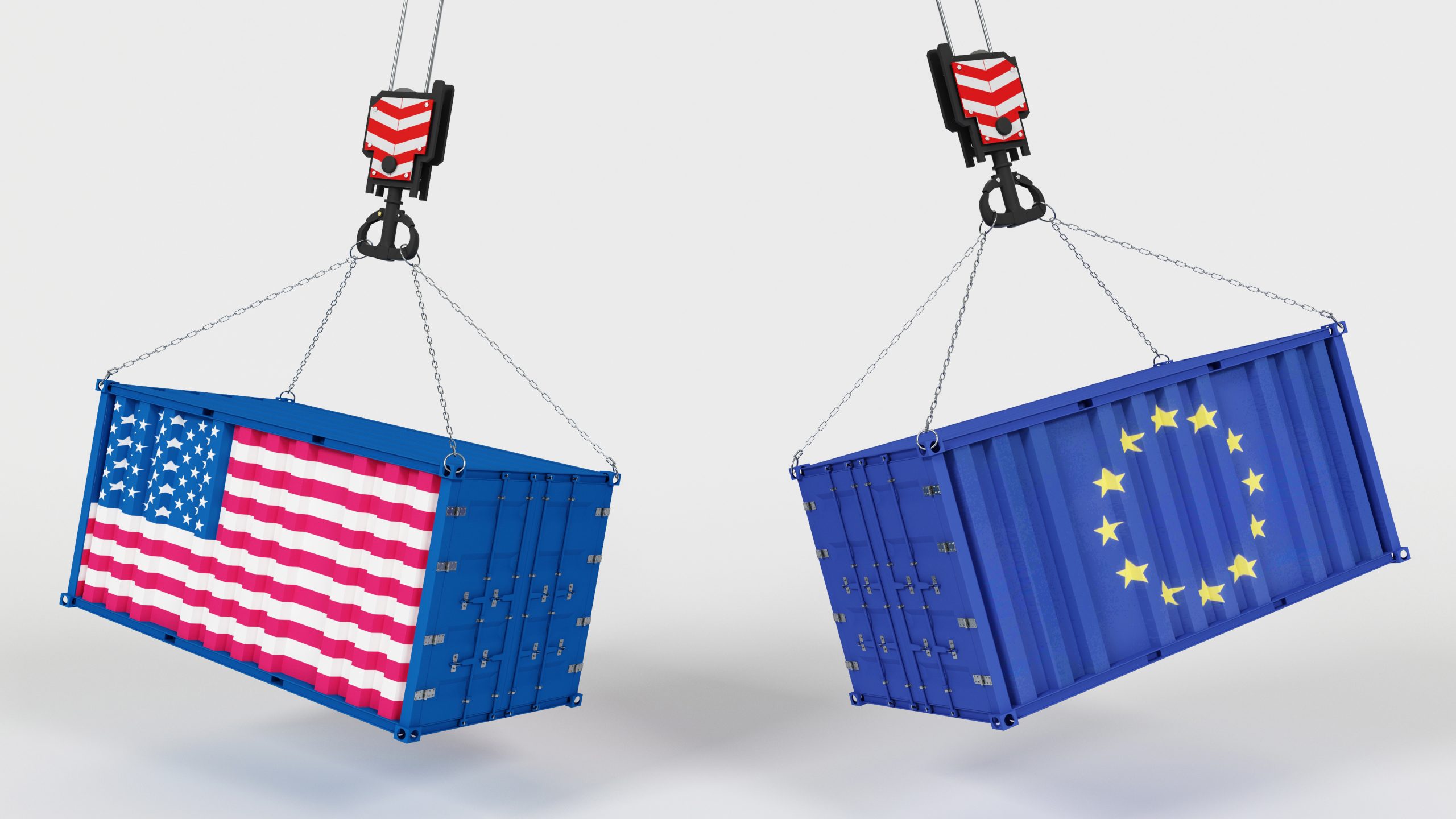
Trump EU Tariffs Delay: Asian Stocks Steady, Euro Strengthens
Trump EU Tariffs Delay Extended
President Donald Trump announced a delay in his proposed 50% tariffs on European Union (EU) goods, pushing the deadline to July 9 from June 1. This unexpected delay brought temporary relief to markets, marking another shift in his unpredictable trade policy. The “Trump EU tariffs delay” has helped stabilize Asian stock markets and supported the euro’s rally.
Market Reactions to Trade Negotiations
The move came after European Commission President Ursula von der Leyen requested additional time to finalize a favorable deal with the U.S. Trump’s decision to push back trade talks revived market optimism, which had been dimmed by last month’s sharp selloffs. The pause in tariffs gave investors hope for new trade agreements following positive developments with Britain and a temporary arrangement with China.
Concerns Over Potential U.S. Recession
However, Trump’s latest policy reversal highlighted how swiftly market dynamics can change, prompting concerns among investors. Analysts noted that funds are moving from the U.S. to Europe and Asia, as they anticipate a potential U.S. recession and a global economic slowdown.
Commerzbank emphasized in a note that Trump’s unpredictable policy changes continue to unsettle markets.
Market Performance Following Trump EU Tariffs Delay
As of Monday, the MSCI index tracking Asia-Pacific shares outside Japan fell by 0.07%, while European and German futures indicated a possible opening of over 1.5% higher.
Euro Strengthens on Trump EU Tariffs Delay Announcement
The euro climbed 0.35% to $1.1404, marking its highest value since April 29, while the currencies of Australia and New Zealand gained 0.37% and 0.45%, respectively. The U.S. dollar index, which tracks the greenback against a basket of global currencies, touched its lowest point since April 22. Experts attributed this decline to the “Sell America” sentiment.
Christopher Wong, currency strategist at OCBC, commented: “It is still very much a ‘sell dollar’ situation. The unpredictability of Trump’s tariffs and the erosion of U.S. exceptionalism are undermining sentiment and medium-term confidence.”
Trading Volume Low Due to U.S. and U.K. Holidays
Monday’s trading volume is expected to be lower as markets in the U.S. and the U.K. are closed for public holidays.
Japanese Market Updates Amid EU Tariffs Delay
In Japan, the Nikkei index rose, with Nippon Steel shares up by 2.3% after Trump voiced support for the company’s $14.9 billion acquisition bid for U.S. Steel. Investors are also focusing on super-long Japanese government bonds, as inflation data may offer clues on the Bank of Japan’s future monetary policy. Yields on these bonds hit record highs last week.
Focus on Debt Levels and Trump EU Tariffs Delay
The ballooning debt levels of developed economies have returned to the spotlight after Moody’s downgraded the U.S.’s credit rating and weak debt auctions were reported in both the U.S. and Japan last week.
Chinese and Hong Kong Markets Underperform Amid EU Tariffs Delay
In China, the blue-chip index fell by 0.7%, while Hong Kong’s Hang Seng Index dropped 1%. Shares of China-listed Apple suppliers also saw declines after Trump threatened to impose a 25% levy on all imported iPhones purchased by U.S. consumers.
